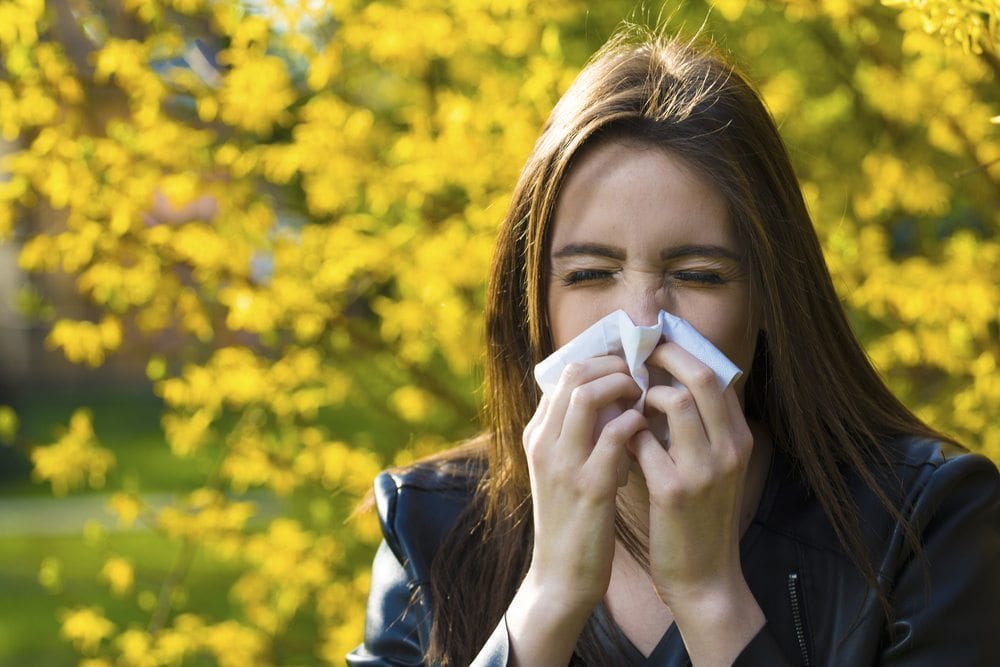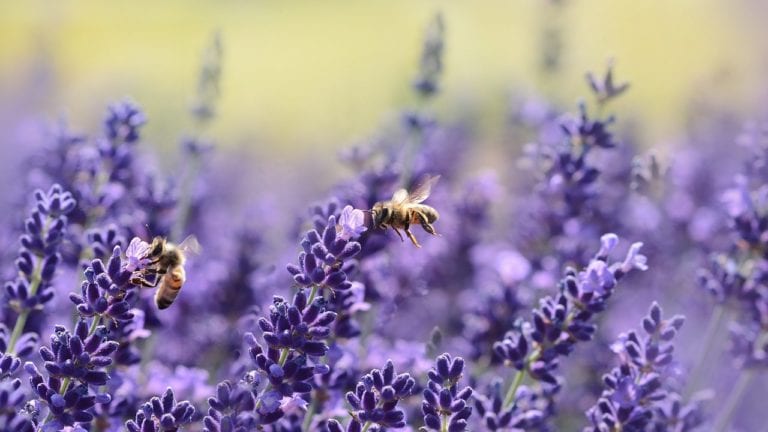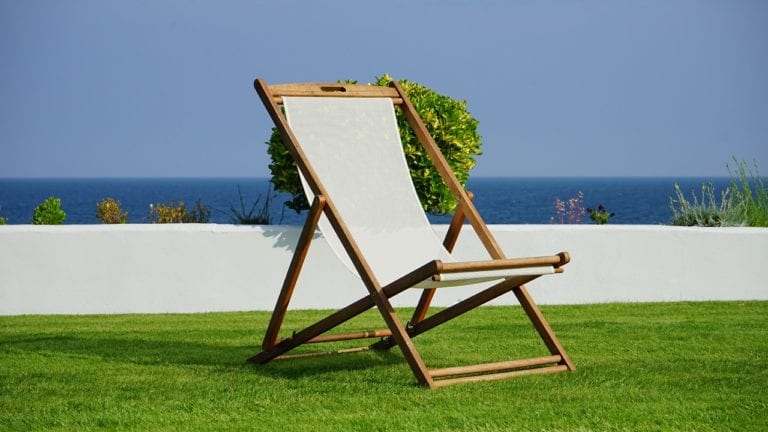Everyone looks forward to Summer right?
Not if you’re one of the 10 million hay fever sufferers in the UK! While most of us yearn for the arrival of Spring, for many, the sight of flowering bulbs and fresh green grass, means their allergy symptoms won’t be far behind.
Allergy UK estimates that 95% of hay fever sufferers are allergic to grass pollen, making it difficult to be active outdoors or simply enjoy their own back gardens. Instead of making the most of the sunny weather with outdoor parties and games, many are left suffering indoors with sore, itchy eyes, runny noses, and headaches.
Although medications to help ease symptoms have improved over the years, there is no cure for hay fever, so the most effective option is to avoid contact with pollen as much as possible.

How to help your Hay fever symptoms
Avoid Pesky Pollen
Pollen that is collected and transferred by insects is usually sticky and heavier, so tends to be less bothersome to allergy sufferers. When you’re choosing trees and plants for your garden, pick species which rely on insects for pollination. Large bright flowers, trumpet shaped blooms, and double varieties are particularly good choices.
Time it Right
Pollen levels are highest in the early morning, in the evening and at night, so it is best to avoid going outside at these times. Levels will also increase in dry, warm weather, and windy conditions will mean there is more loose pollen in the air, so remember to take sensible precautions such as eyewear and antihistamines.
Simple Suggestions
- Avoid hanging clothes out to dry in the garden as they will pick up pollen from the air.
- Change your clothes and have a shower after being outdoors to remove the pollen on your body.
- Keep the windows and doors of your home shut, and vacuum regularly to remove allergens.
- Check the weather forecast and pollen count before you go out and about, and take medications with you just in case.
- Limit time spent outdoors and try to stay indoors when the pollen count is high (over 50).
- If possible, keep car windows closed when travelling.
Have you considered artificial grass?
There is a simple solution to ease your allergy symptoms, as suggested by Allergy UK – artificial grass! The choices are now so realistic that an artificial lawn will look just as good as the real thing, without any of the aggravating pollen!
Of course, if your neighbours have natural lawns or troublesome plants, you may still find some pollen enters your garden. But, another benefit or artificial grass is that it doesn’t trap dust and loose pollen nearly as much as real grass, and you can easily wash it down as regularly as needed.
While a synthetic lawn won’t cure your hay fever, it will at least make a difference when you’re at home, and let you enjoy your garden this Summer!
If you’d like more information, some free samples or an installation quote, just get in touch and we’ll be happy to help!



